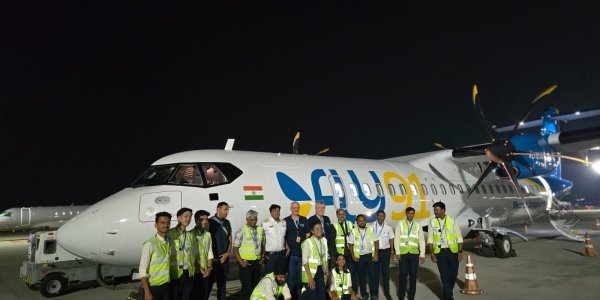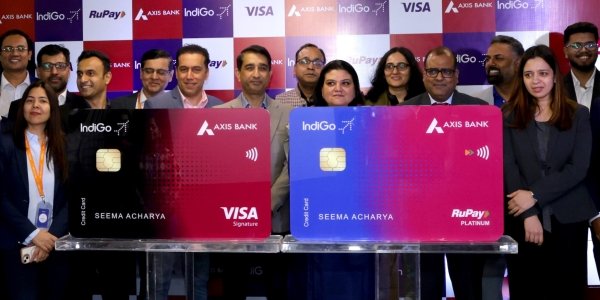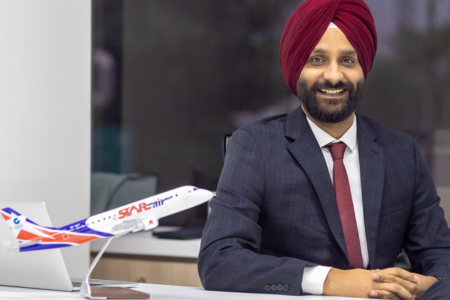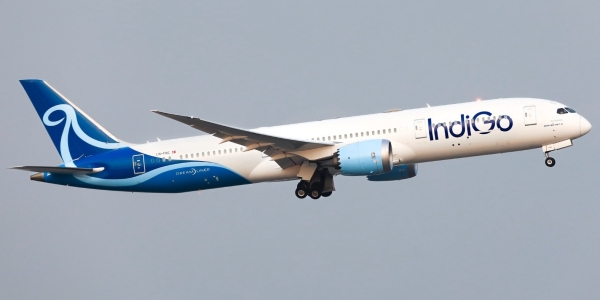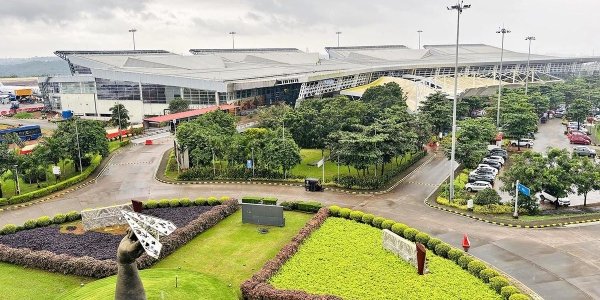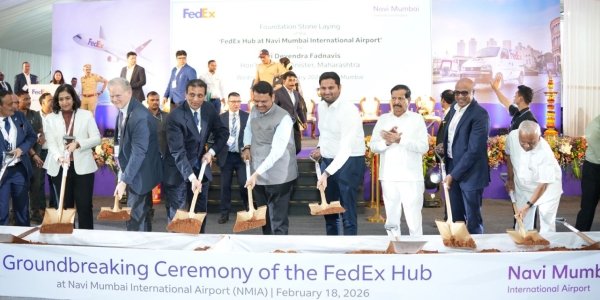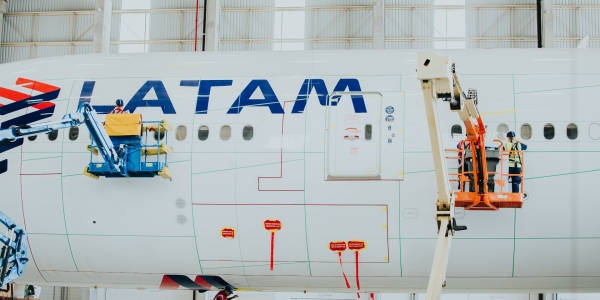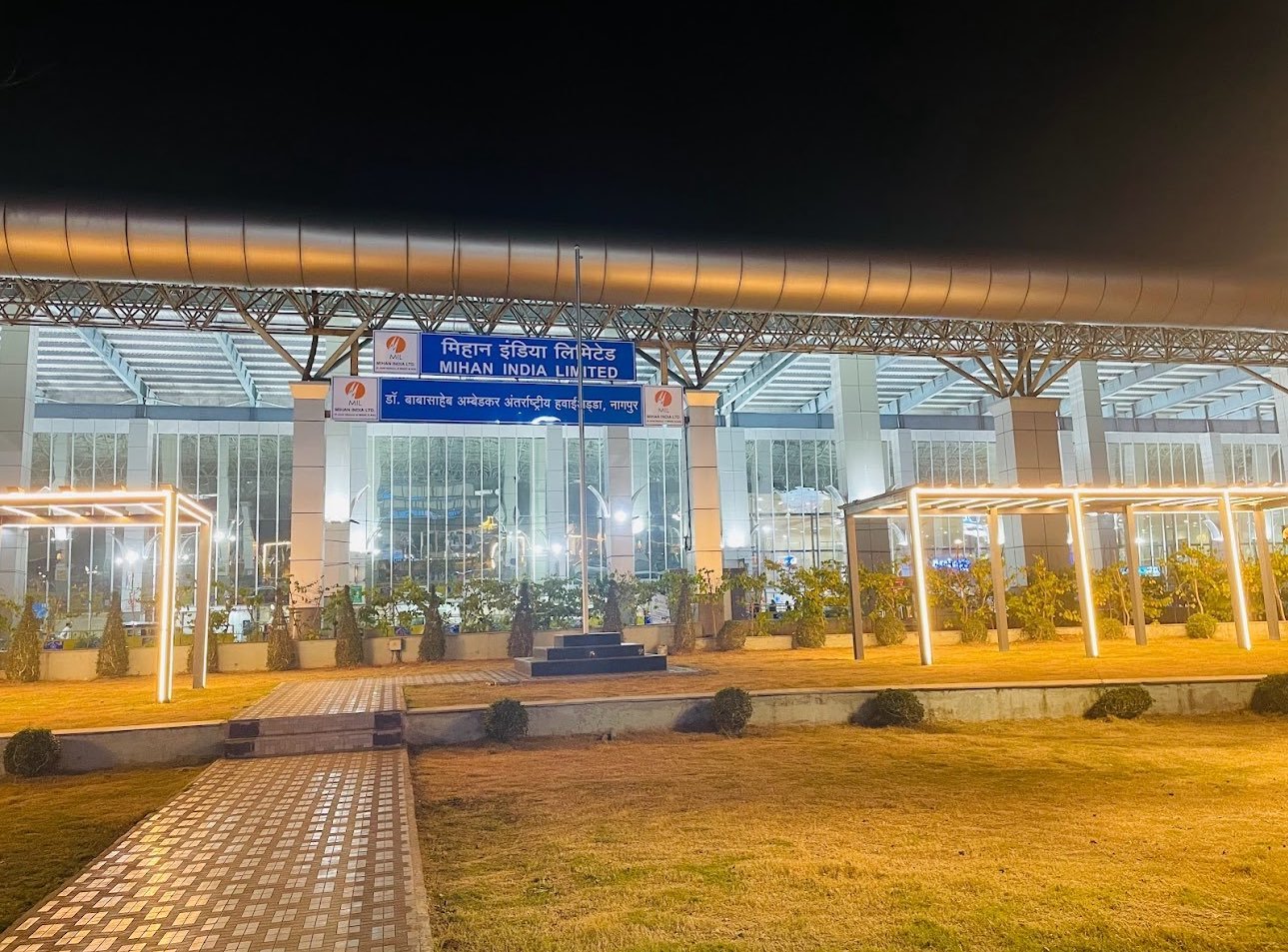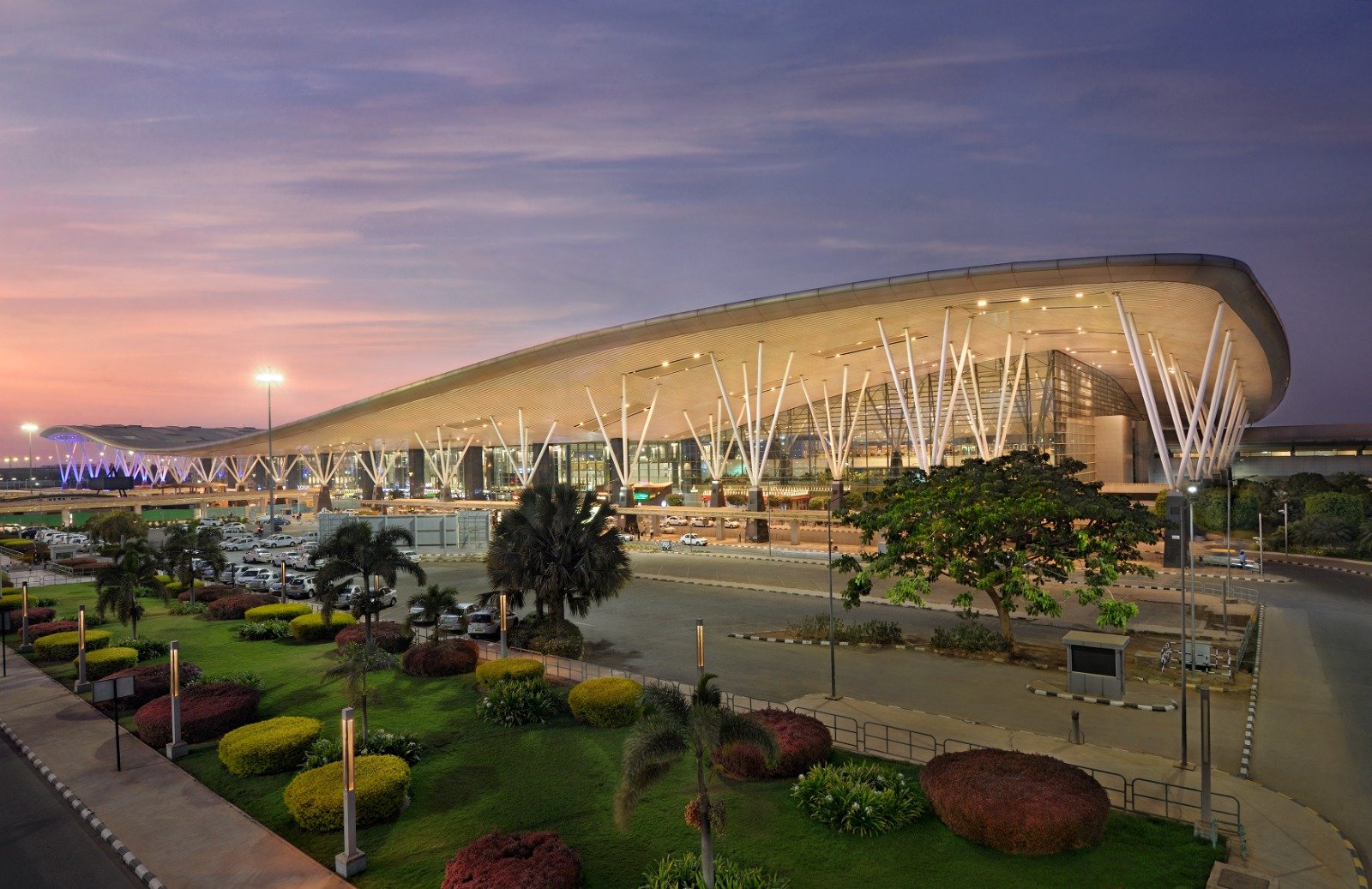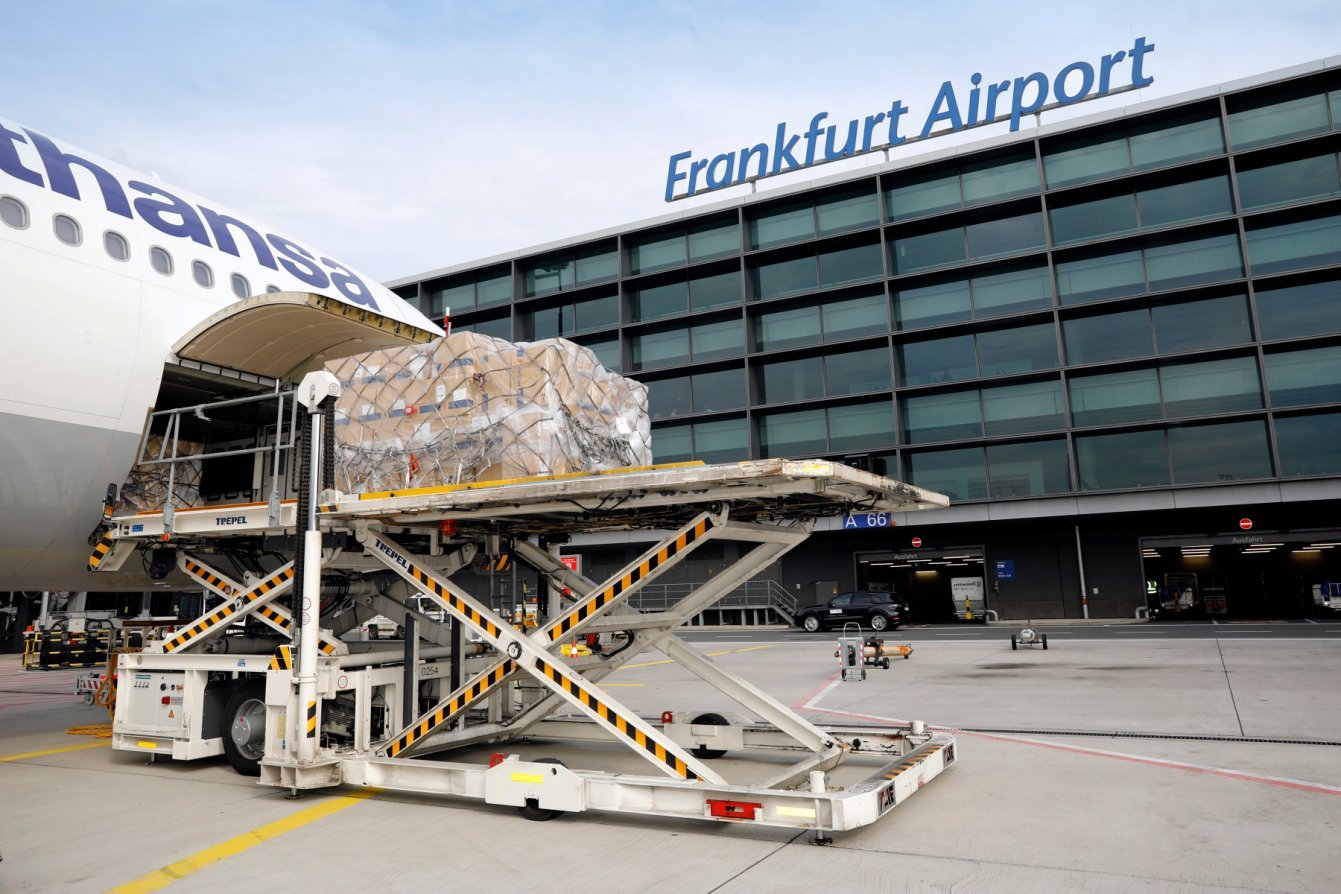IndiGo and Digi Yatra Partner to Enable Seamless Digital Boarding Across India
- IndiGo and Digi Yatra have integrated their apps, allowing passengers to share boarding passes instantly — removing the need for manual uploads or QR code scans and enabling a fully contactless check-in and boarding journey.
- Built on facial biometrics, blockchain, and AI-based verification, Digi Yatra’s decentralised identity model ensures security, privacy, and compliance with India’s Digital Personal Data Protection Act (2023), setting new benchmarks for digital trust in air travel.
- With 48 million users and operations at 24 airports, Digi Yatra is driving India’s shift toward a unified travel ecosystem — from flights to hotels — positioning the country as a global leader in digital, secure, and paperless travel.

India’s aviation sector is stepping firmly into a digital-first era. This week, IndiGo and Digi Yatra announced a major integration that will allow passengers to share their boarding passes seamlessly between the IndiGo and Digi Yatra mobile apps — a move that marks another milestone in India’s march toward fully paperless, contactless air travel.
“Every year, we fly millions of customers who trust us for our promise of safe, on-time, and hassle-free travel,” said Neetan Chopra, Chief Information and Digital Officer at IndiGo. “This partnership with Digi Yatra takes our commitment to customer convenience a step further by enabling a smooth, contactless boarding journey. We are thrilled to be among the first airlines to adopt this technology and remain focused on leveraging innovation to make air travel simpler, faster, and more enjoyable for everyone.”
Until now, passengers using Digi Yatra had to manually scan QR codes or upload their boarding passes into the app — an extra step that often proved cumbersome for flyers rushing through check-in or security. The new integration eliminates this entirely. After completing web check-in, passengers can now tap “Share with Digi Yatra” in the IndiGo app to instantly and securely transfer their boarding pass.
Built on offline deep-linking and facial biometric verification, the process adheres to “privacy-by-design” principles. According to Suresh Khadakbhavi, CEO of Digi Yatra Foundation, this collaboration is part of a larger vision to transform India’s airports into digitally synchronised ecosystems. “Our mission is to make air travel seamless, secure, and paperless for every passenger,” he had pointed out in a recent interview with a daily. “By integrating directly with IndiGo’s app, travellers can enjoy faster check-ins, smoother boarding, and enhanced convenience. As more airlines and airports join our ecosystem, India’s aviation landscape will be one of the most digitally advanced in the world.”

Digi Yatra fundamentally revolves around Self-Sovereign Identity (SSI) — a decentralised identity system that empowers users with total authority over their data.
The travellers can register their identity by verifying their Aadhaar-linked identity, taking a selfie, and then connecting to any of the participating airlines, such as IndiGo, Air India, Air India Express, and Akasa Air.
After registration, the face will be recognised in place of a paper ID or boarding pass at various touchpoints — from the entrance of the airport to security check and boarding.
As of October 2025, the Digi Yatra initiative is available in 24 airports all over India and has more than 48 million users, which is an astonishing growth from the time it was launched in 2022.
In an interview, Khadakbhavi said that the transformation of the Digi Yatra is a result of the interaction of three technological megatrends — artificial intelligence, blockchain-based credentials, and the proliferation of verified digital identities beyond the aviation sector. “AI is playing a crucial role in strengthening security,” he explained. “Technologies like live detection and anti-spoofing are advancing rapidly, helping prevent fraud and ensuring seamless travel experiences.”
The Digi Yatra Foundation is also developing multilingual AI chatbots and exploring integration with hotels, tourism boards, and travel service providers — signalling the start of a unified digital travel ecosystem.

Blockchain underpins Digi Yatra’s security framework, providing a tamper-proof ledger that guarantees the authenticity of credentials. This technology ensures that identity data cannot be altered or accessed without consent — a crucial safeguard in an age of growing data privacy concerns.
The government is already experimenting with blockchain in governance, education, and digital certificates, and Digi Yatra’s architecture mirrors this national shift toward decentralised trust models.
The initiative complies fully with India’s Digital Personal Data Protection Act (2023) and Aircraft (Security) Rules (2023), ensuring strong regulatory oversight.
“When a passenger registers, their facial data is matched securely with their Aadhaar-linked selfie,” said Khadakbhavi. “No personal information is stored centrally. It stays encrypted within the user’s smartphone, verified through blockchain for authenticity.”
This decentralised model minimises the risk of identity theft and establishes a new benchmark for digital citizenship in India’s transport sector.
For India’s aviation industry — now the world’s third-largest by domestic traffic — such partnerships reflect a growing emphasis on technology as a differentiator. Airlines are realising that efficiency no longer depends only on aircraft turnaround times or fleet expansion, but also on data integration and automation.
For IndiGo, which operates more than 2,200 flights daily and carries over 100 million passengers annually, this partnership deepens its technological edge. By synchronising check-in, boarding, and verification processes, IndiGo can reduce congestion, shorten boarding times, and improve on-time performance — crucial factors in maintaining its reliability record.
Moreover, as India expands its aviation infrastructure with new airports at Navi Mumbai and Noida, digital systems like Digi Yatra will be vital in efficiently managing passenger throughput.
“Our technology can power experiences across hospitality and tourism,” Khadakbhavi said. “Imagine verifying yourself once — and moving seamlessly from your flight to your hotel check-in, or even entering a museum — using your face as your secure credential.”

Such integration could eventually allow travellers to glide through entire journeys — from booking to boarding to check-in — without producing a single physical document.
For tourism authorities, it also opens new opportunities to manage visitor flows and infrastructure dynamically using real-time, anonymised insights.
India’s push toward biometric identity-driven travel is quickly maturing. In addition to IndiGo, other Indian carriers, such as Air India, Air India Express, and Akasa Air, have already integrated Digi Yatra into their local operations.
Once adoption is widespread and the technology becomes more stable, the next stage will likely involve worldwide airports and cross-border travel systems, making India a leader in global digital travel innovation.
Khadakbhavi said it very clearly: “By continuous innovation and alertness, Digi Yatra has the potential to establish India as a global leader in digital, secure travel.”
For IndiGo, the collaboration is more than just a feature change – it is a way for the airline to signal how it visualises the future: sustainable, tech-oriented, and customer-centric.
Also Read: Shubh Yatra

